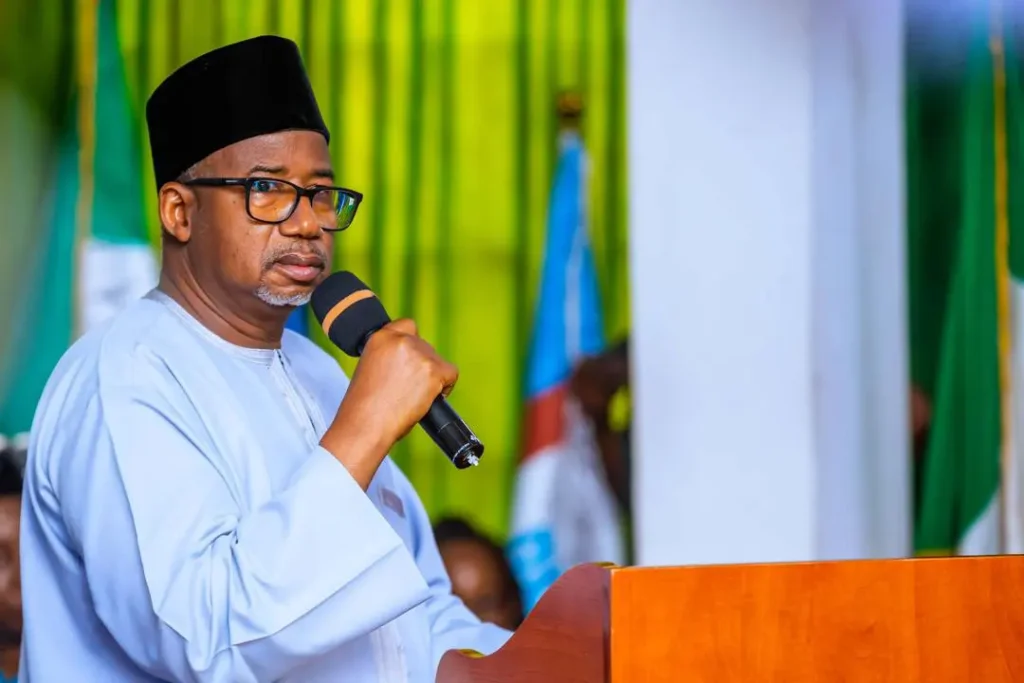The Minister of Interior, Olubunmi Tunji-Ojo, has expressed Nigeria’s commitment to strengthening its relationship with the European Union (EU). As part of this effort, the Ministry aims to implement key reforms in the areas of migration and the reformation of Nigeria’s correctional centers.
The Minister made this known during a meeting with the EU Ambassador to Nigeria, Samuela Isopi, at his office in Abuja, the capital city. Describing the relationship with the EU as “historical,” Minister Tunji-Ojo highlighted the areas of cooperation with the EU, which include combating illegal migration, addressing organized crime, and upholding the rule of law.
In pursuit of these goals, the Minister emphasized the importance of the EU’s support in deploying technology to enhance Nigeria’s border management architecture. He stated that the EU’s assistance would play a crucial role in addressing crime and migration challenges not only in Nigeria but also in Africa as a whole, given the region’s proximity to Europe.
The Minister also outlined key reforms being carried out by the Ministry, particularly in the areas of travel documentation processes and knowledge transfer. He revealed that significant progress has been made in addressing issues pertaining to international passport application and collection processes. Additionally, efforts are being made to combat identity theft and restore the integrity of the Nigerian passport.
The Minister further acknowledged the need to decongest the nation’s correctional facilities, revealing that over 70% of the 79,000 inmates are awaiting trial. He called on the EU to support the Nigerian Government’s plan to conduct an audit of all correctional centers and explore non-custodial alternatives as provided for in the Correctional Service Act. By implementing these measures, the Minister believes that the number of inmates in correctional facilities can be reduced by approximately forty percent.
EU Ambassador Samuela Isopi assured the Minister of the EU’s support, pledging technical assistance in managing illegal migration, curbing human trafficking, and combating people smuggling.
By collaborating with the EU, Nigeria aims to strengthen its institutional capacity and enhance its ability to tackle crime, promote safe and orderly migration, and ensure the efficient operation of its correctional facilities.



